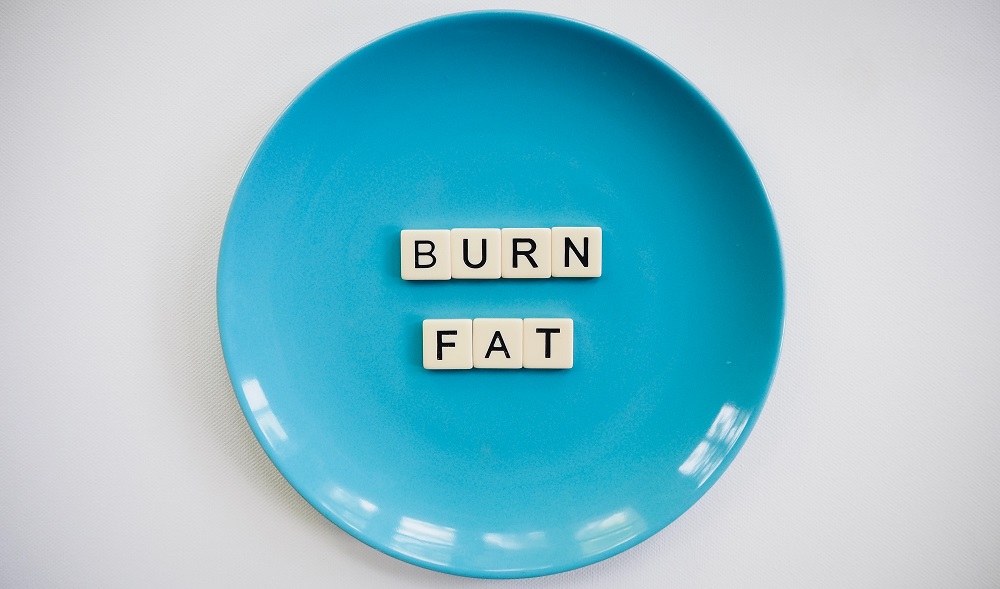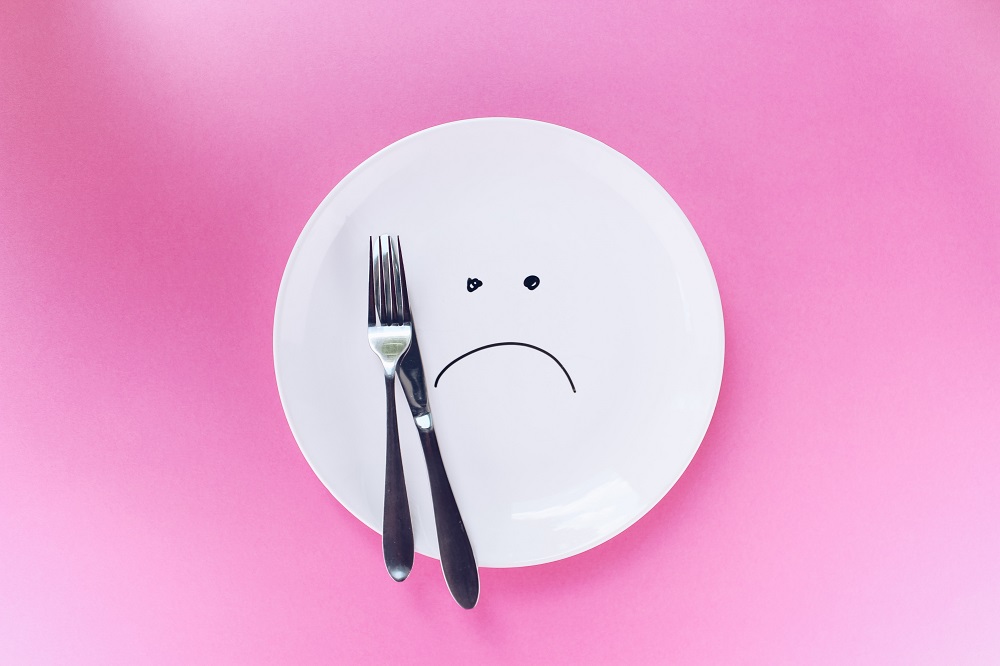Throughout the years, we’ve witnessed numerous weight loss regimens and fad diets have their 15 minutes of fame. We have all seen different ingredients getting demonized as trends come and go. However, not all diets are trends. Some stand the test of time and remain beneficial for people with certain health conditions. Such regimen is intermittent fasting. This is not exactly a diet – it’s a way of eating that has been practiced by people around the world for years. Still, some aspects of it, such as the side effects, have been a subject of discussion in the fitness and health community. So, is intermittent fasting healthy?
What is Intermittent Fasting?
Intermittent fasting is a regimen similar to caloric restriction. Unlike other weight loss diets, intermittent fasting focuses on the time frame within a day or a week when one can consume food, and not as much on the content of food itself. This means that you’re supposed to stick to a daily/weekly schedule and have your meals only in the predetermined eating window.

There are several types of intermittent fasting methods. The most popular ones include:
- Time restricted fasting: fasting takes up from 14 to 16 hours of the day, including the time when you’re asleep. This leaves you with an eating window of 8-10 hours a day. The 16/8 method seems to be the most popular one, as it’s simple and easy to maintain.
- Alternate – day fasting: this method is practiced by fasting for 24 hours and eating the next day, meaning you’re supposed to fast (or eat very few calories) every other day.
- 5:2 fasting: this type of fast is done by having a normal eating schedule 5 days of the week, and fasting (eating 500 calorie meals) for two days of your choosing. There has to be at least one day in between the two fasting days.
- OMAD diet: The One Meal a Day diet involves a 23 hour fast and only one hour eating window.
How Does Intermittent Fasting Work?
There are several things that happen when you give your body some time to rest from eating and digesting foods. Insulin levels drop, while the human growth hormone levels increase. Both of these changes in blood levels promote fat burning.

Another process that occurs is cellular repair. Prolonged periods of fasting can cause autophagy, a process in which the cells clean out any damaged or unnecessary components, and create new, healthy sub-cellular organelles. The cell regeneration effect of autophagy makes it a key process in preventing diseases such as Alzheimer’s, Huntington’s, and Parkinson’s diseases, heart disease, liver disease and some autoimmune diseases. So when we ask ourselves “Is intermittent fasting healthy?”, we can’t underestimate the power of cellular regeneration, which is essential to good health.
Why is Fasting Good For You?
Weight loss seems to be one of the obvious benefits of fasting. Some intermittent fasting methods, such as the 14/10 fast, are as simple as skipping your late night snack and eating a little late in the morning. And when you’re skipping meals, you eat less food which means that you essentially eat less calories. It’s as simple as that!

So, is fasting good for weight loss? Yes, intermittent fasting can help you lose body fat. This happens in the fasting period, when your body has had enough time to burn all the calories from your last meal, so it starts burning fat.
How Healthy is Intermittent Fasting?
There are many health benefits of intermittent fasting. This eating pattern can lower blood sugar levels and lower the risk of type 2 diabetes. It can reduce oxidative stress and improve brain function. Studies show that intermittent fasting is beneficial for heart health, as it can improve certain risk factors, such as blood pressure, blood sugar levels, inflammatory markers and cholesterol levels.
Fasting causes autophagy, which, as mentioned earlier, may provide protection against autoimmune and neurodegenerative diseases. It may even help you live longer, as according to an issue from The New England of Medicine, some studies in rodents have shown that intermittent fasting can extend lifespan.
Who Shouldn’t Try Intermittent Fasting
Is intermittent fasting healthy? Judging from the paragraph above, it seems like this way of eating and fasting has some amazing health benefits. However, just like any other regimen, it is not for everyone and it might not be good on the long run. According to an issue in The American Journal of Clinical Nutrition, further research is needed to determine whether intermittent fasting is safe to practice long – term.

The effects of intermittent fasting can be negative for a few groups of people: women who are trying to become pregnant and women who are pregnant or breastfeeding, people who take diabetes medication and those who take different medication, as diet can affect the absorption of drugs. Another group of people who shouldn’t fast for long periods of time are those with a history of eating disorders, as the restrictive regimen may trigger a relapse.
If you’re in any of these categories, you should definitely break your fast and consult your physician about the most suitable diet for your condition.
If your doctor gives you a green light, it might be best to start with the method 5:2 fasting. This method will allow you to retain normal eating habits for most of the week, and then introduce a low caloric intake over two days. You can schedule these when your responsibilities and physical exertion are at a minimum. With strategically placed meals and increased quantity of low-caloric foods (such as vegetables), it is likely that you won’t notice a big difference.
Side Effects of Intermittent Fasting
Some methods of intermittent fasting, especially those with longer fasting periods, might have side effects.

The most common side effects are cravings, binge eating and overeating, due to the short feeding window. Some people experience lightheadedness, fatigue, low energy, and mood swings, due to hunger. Another side effect is dehydration, as some people may forget to drink water when they’re not eating.
Fast Safely
Many people have doubts about this way of eating and wonder: “Is fasting good for health?” Intermittent fasting is considered controversial because some individuals practice extreme fasts that last for a couple of days, even weeks. This, of course, is not healthy, and you should never starve yourself in order to lose weight. Fasting should not be starving, it’s an eating pattern that can improve your health when done safely.

You should have healthy nutritious meals and a balanced diet. The fact that you have an 8 hour eating window does not mean that you should consume high calorie, unhealthy fast foods. It doesn’t mean that your meal of the day should be a 200 calorie salad, either. Keep it balanced!
Bottom Line
What is our conclusion? Is intermittent fasting healthy? It may be, when done safely, by those who truly need it. It is definitely not for everyone. Before you go ahead and calculate your feeding and fasting times, talk with your doctor about the best and safest eating pattern for you.